Does Adding Baking Soda to All-Purpose Glue Make It Stronger and Cure Faster?

Adding baking soda to all-purpose glue does not make the glue stronger or cure faster. In fact, it may weaken the adhesive bond. This effect is specifically related to the chemistry of the glue involved. Baking soda acts as a catalyst for cyanoacrylate-based adhesives (super glue), but it does not have the same impact on all-purpose or regular glue.
Why Baking Soda Works with Super Glue but Not with All-Purpose Glue
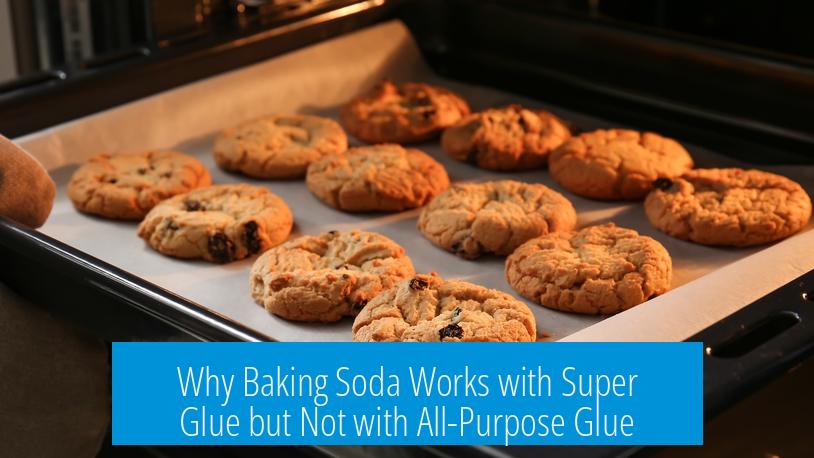
Baking soda (sodium bicarbonate) reacts chemically with cyanoacrylate adhesives, the basis for most super glues. This reaction forms reactive ions that facilitate stronger bonding by creating long polymer chains. These polymers bond more efficiently than the usual cyanoacrylate-water interaction, leading to a faster cure time and enhanced strength.
- Super glue + baking soda = accelerated curing and stronger bonds.
- This chemical reaction does not occur with all-purpose glue.
All-purpose glues typically consist of polyvinyl acetate, dextrin, or similar substances. They rely on water evaporation or mechanical drying to cure. Baking soda does not interact chemically with these components. Introducing baking soda instead disturbs the glue’s formulation, potentially weakening its adhesive power.
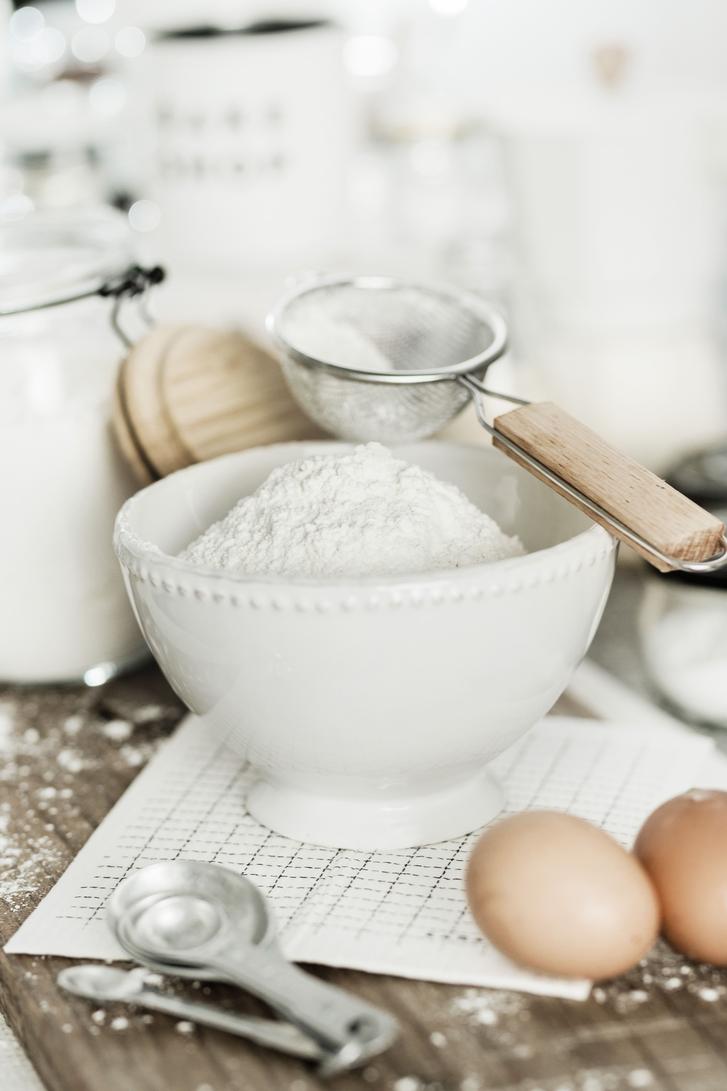
Effect of Baking Soda on All-Purpose Glue
Adding baking soda to all-purpose glue usually provides no benefits:
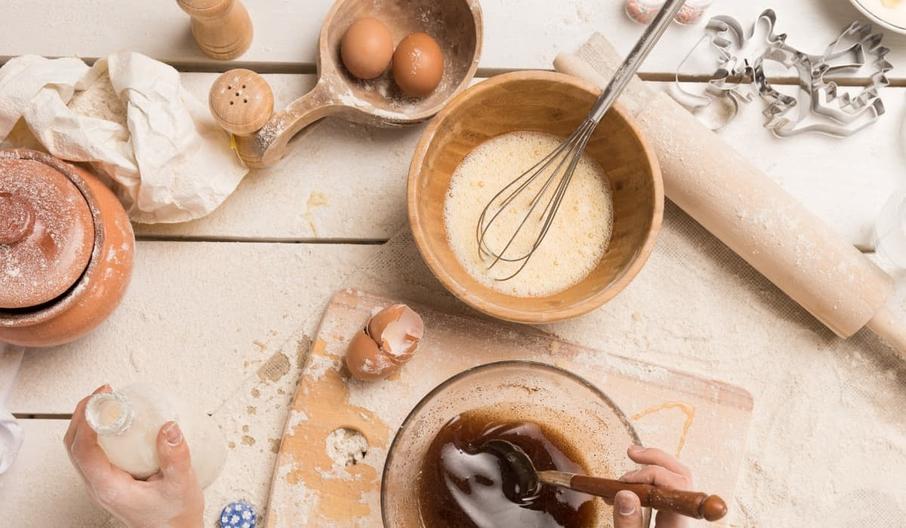
- The glue’s curing process doesn’t speed up.
- The adhesive strength does not improve.
- It may create an inconsistent mixture, damaging the bond.
Users seeking stronger or faster-setting glue should select adhesives formulated for those purposes, such as cyanoacrylate glues, rather than attempting to alter all-purpose glue with additives like baking soda.
Summary of Key Points
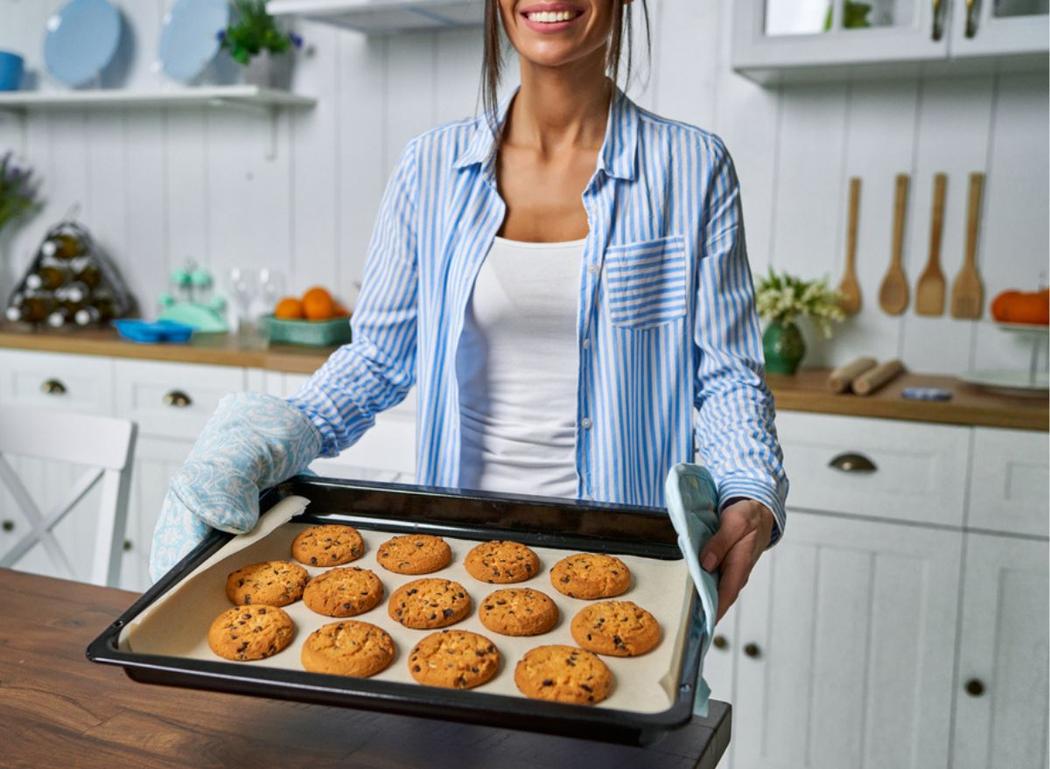
- Baking soda catalyzes super glue but not all-purpose glue.
- All-purpose glue relies on drying, unaffected by baking soda.
- Adding baking soda to all-purpose glue may weaken it.
- Use appropriate adhesives instead of additives to improve strength or cure time.
Does Adding Baking Soda to All-Purpose Glue Make it Stronger and Cure Faster?
Short answer: *No, it doesn’t.* Adding baking soda to all-purpose glue won’t make it stronger or cure faster. This little kitchen staple works wonders with super glue, but it doesn’t play nice with regular glue. Let’s unpack this gluey mystery.

Many DIYers have heard the buzz about mixing baking soda with glue to boost strength and speed up curing. The truth is, that chemical dance between baking soda and glue happens only with super glue—not the friendly, all-purpose glue you might keep in your craft drawer.
Mixing Baking Soda with Super Glue: A Love Story
What happens when you add baking soda to super glue? Magic chemistry. Super glue, technically called cyanoacrylate, reacts vigorously with baking soda (sodium bicarbonate). This reaction creates heat and triggers rapid polymerization—meaning the glue molecules link up faster and form a denser, tougher bond.
Imagine baking soda as a spark that sets off a glue explosion—one that cures almost instantly. This turbocharge makes the repaired joint stronger and ready for action within seconds. DIYers rejoice! The baking soda also builds up the glue, letting you fill gaps and customize shapes during repairs.
Example: Fixing a broken plastic toy joint by applying super glue and sprinkling baking soda creates a solid, durable patch strong enough to withstand vigorous play.
So, Why Doesn’t It Work with All-Purpose Glue?
All-purpose glue—think school glue or craft glue—is chemically very different from super glue.
All-purpose glue typically relies on drying through evaporation or simple adhesion rather than fast polymerization triggered by moisture or chemical catalysts. Baking soda has no chemical reaction with this glue. Rather, it could even interfere with the adhesive properties, weakening the bond.
Adding baking soda to all-purpose glue is like trying to fuel a diesel car with lemonade. The chemistry just doesn’t match. In fact, baking soda may act as a contaminant, reducing stickiness and slowing the drying process.
Understanding the Chemistry: Baking Soda’s Role
Baking soda contains bicarbonate ions, which react with cyanoacrylate molecules to create reactive ions. These ions bond easily to other cyanoacrylate molecules, forming long polymer chains. This rapid polymerization produces a hard, resilient glue matrix much stronger than the standard cyanoacrylate-water bond.
Without the cyanoacrylate present, the baking soda has no catalyst properties. Hence, with all-purpose glue, the reaction simply doesn’t occur, and the glue doesn’t get stronger or cure faster. It’s chemistry 101—but many underestimate it.
Real-Life Example: Baking Soda and Regular Glue
Picture this: you’re repairing a picture frame using all-purpose glue. You think, “Hey, let’s sprinkle a pinch of baking soda to speed things up!” You wait. And wait. The glue stays tacky, the bond feels fragile, and the frame still wobbles after hours.
The moral? Baking soda doesn’t help here—there’s no reaction to quicken the cure or strengthen the bond. It’s better to let all-purpose glue dry naturally, or use an adhesive designed for the fix.
What About Other Types of Glue?
Epoxies, PVA glues, and school glues do not get the baking soda turbo boost. The baking soda-super glue combo is a very specific trick, tied to the chemistry of cyanoacrylates.
For flexible materials—like rubber or fabrics—special adhesives (think Goop or RV Goop) are your friends, not baking soda. These glue types are designed for stretch and flexibility. Adding baking soda to them would be pointless and could cause brittleness or bond failure.
Why Is the Baking Soda and Super Glue Combo So Popular?
The magic happens because baking soda speeds up cyanoacrylate polymerization. This quick cure makes the adhesive easier to handle and very strong, ideal for precise repairs and gap-filling.
Another bonus: when baking soda hits super glue, it hardens into a thick, almost plastic-like substance. This helps reinforce joints that might otherwise fail under stress.
How to Use Baking Soda with Super Glue: Step-by-Step
- First, clean and dry the surfaces you’re fixing.
- Apply a small amount of super glue to the area.
- Immediately sprinkle a tiny bit of baking soda over the glue.
- The glue will harden almost instantly—no more waiting.
- If needed, sand or file the hardened glue for a smooth finish.
Heads up: this exothermic reaction produces heat. Keep it away from skin and flammable materials. Use gloves if you want to avoid sticky fingers or heat burns.
FAQ Time: Common Questions on Baking Soda & Glue
| Question | Answer |
|---|---|
| Does baking soda speed up all types of glue? | No, it only accelerates cyanoacrylate-based super glue. It weakens or does nothing for other glues. |
| How much baking soda should I use? | Use a small pinch just enough to cover the glued area. |
| Is this mix safe to use on skin or for medical purposes? | No. The heat generated can burn skin, and super glue isn’t designed for wounds. |
| Will it work on porous surfaces like wood or fabric? | It works best on non-porous surfaces like plastic, metal, and ceramics. Porous materials absorb glue differently, reducing effectiveness. |
| Can I use the combo for electronics? | Yes, but be cautious—ensure everything is powered off and dry. The heat from the reaction might damage delicate components. |
Why Does This Matter to the Everyday Fixer?
Knowing which glue trick to use saves time and frustration. Imagine rushing to repair a chair leg only to watch the glue fail because of baking soda interference. Or better yet—pulling out your super glue and baking soda combo to rescue a shattered ceramic mug in seconds.
It’s also a neat party trick to impress friends with your chemical know-how. “Look! Instant rock-hard bond!” Always use this trick thoughtfully, respecting safety precautions.
Comparing Adhesives: The Big Picture
- Super glue + baking soda: Instant curing, very strong but brittle, not flexible.
- All-purpose glue: Slower curing, weaker, flexible, great for paper, fabric.
- Epoxy: Strong, durable, waterproof, but long curing time.
- Specialty adhesives (Goop, etc.): Flexible, weather resistant, for rubber and fabric.
The baking soda boost belongs exclusively to super glue. For other glues, patience and proper application remain your best friends.
Final Thoughts: When to Add Baking Soda to Your Glue
If you’re wielding an all-purpose glue, keep that baking soda in the fridge and out of your glue jar. It simply won’t help and might sabotage your project.
If you want a fast, strong fix for hard plastics, metals, or ceramics, grab the super glue and baking soda combo. It’s like a power-up for your repairs, curing in seconds and holding tough.
So before you rush to sprinkle baking soda on that school glue project, ask yourself: What glue am I really dealing with? Chemistry wins the day, not guesswork.
“The secret to a good fix? Know your glue and your chemistry.”
Does baking soda make all-purpose glue cure faster?
No, baking soda does not speed up the curing process of all-purpose glue. Its chemical reaction works only with super glue types.
Will adding baking soda strengthen all-purpose glue bonds?
Adding baking soda generally weakens all-purpose glue. The chemical reaction that strengthens super glue does not occur with all-purpose glue.
Why does baking soda strengthen super glue but not regular glue?
Baking soda reacts chemically with cyanoacrylate in super glue to create strong polymer chains. This reaction doesn’t happen with all-purpose glues.
Can baking soda be used to improve craft or school glues?
No, baking soda won’t enhance craft or school glues. It is ineffective and may weaken their adhesive properties.


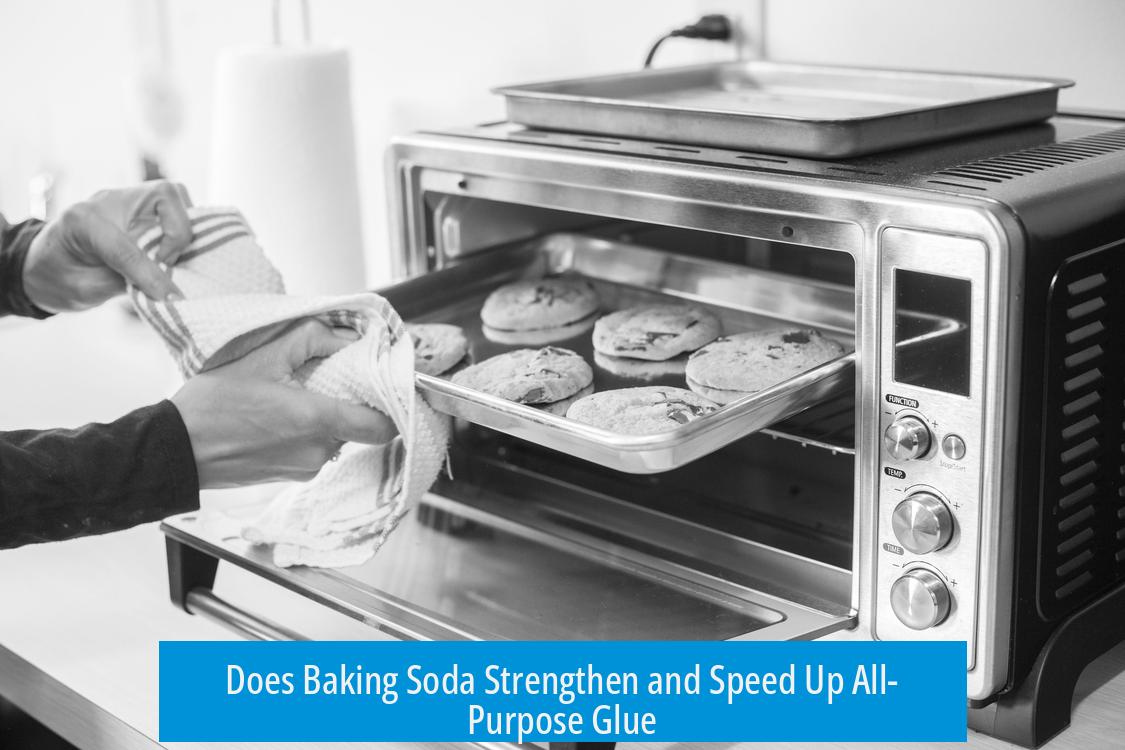

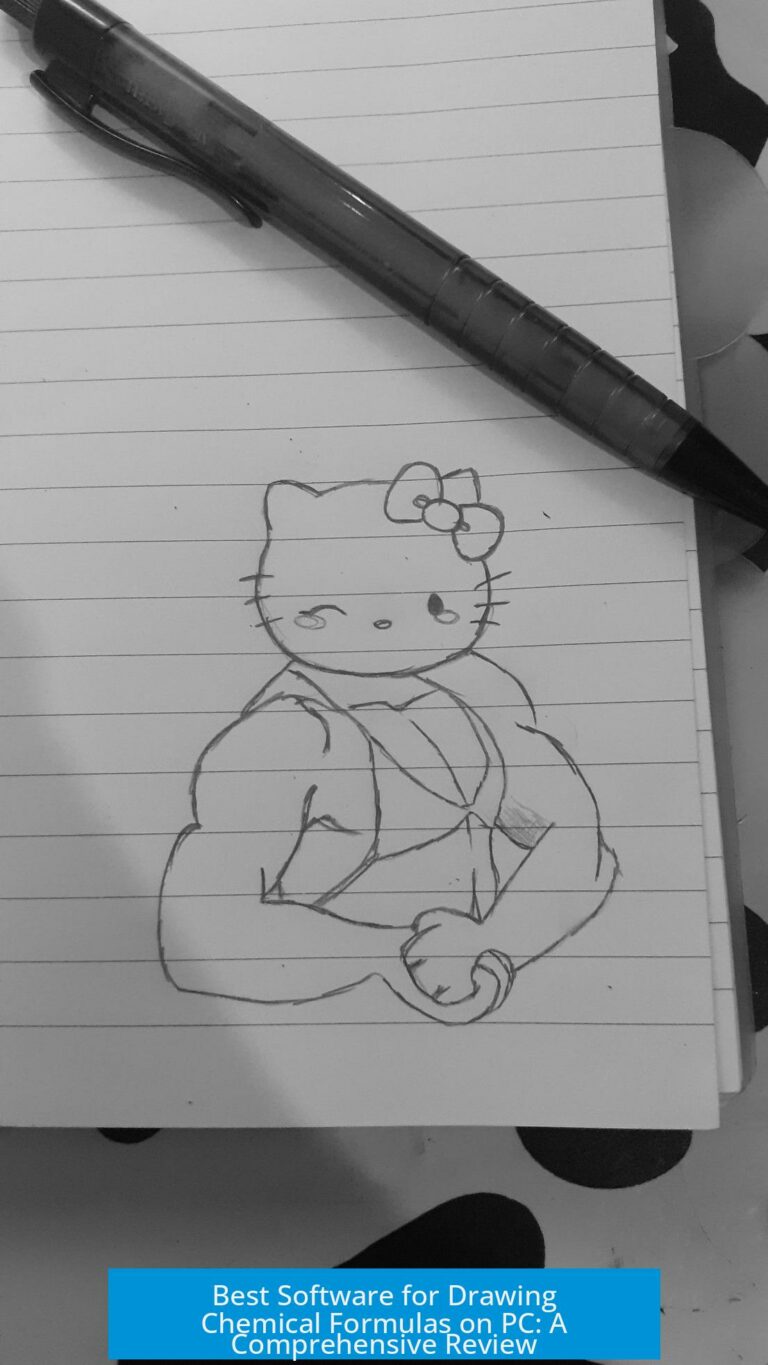
Leave a Comment